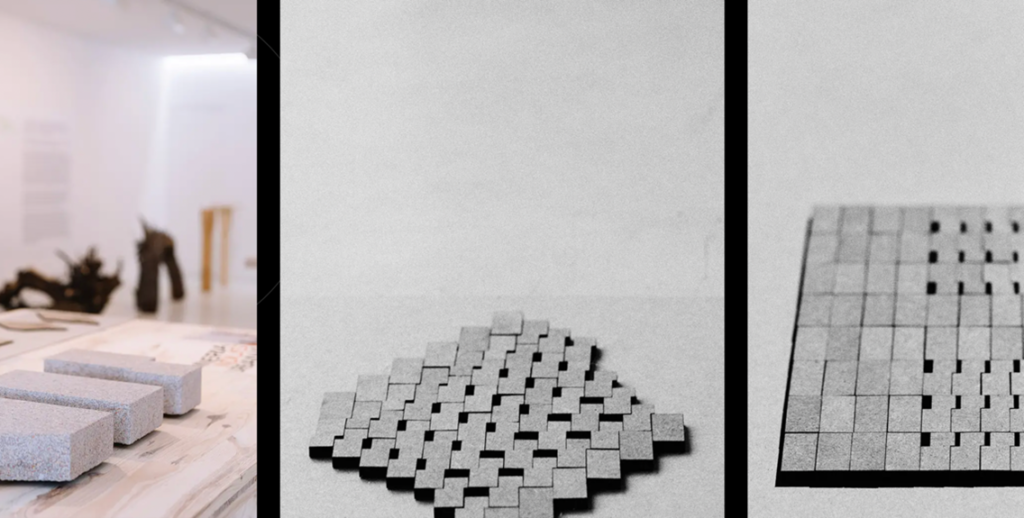
A design company from Mallorca, Spain has created new water-absorbent mortar material that’s made from the masonry waste found on their island archipelago.
Aside from this material being eco-friendly and considered a green material building product, it has zero additional waste products as well as refraining from adding additional emissions since there is no need to transport them since they are manufactured locally.
The question that many people are wondering about is how much of this construction “waste” can be made from the available islands? Mallorca itself is a well-loved and well traveled tourist destination, however the islands in the Balearic Archipelago of the country are considered to be rather small.
However, according to the design initiative that created them, that happens to come from the Balearic Island’s Institute for Business Innovation, LOOP, they explain that these rather small islands can actually create 250,000 tons of stone, ceramic, and concrete waste from demolition and construction.
Considering there are only a few sustainable landfill options in the area, most of the waste that comes from the islands is shipped to the mainland of Spain. These efforts take tons of barges, trucks that wait on shore, then tipper trucks and bulldozer that need to transfer it as well.
In their attempts to interrupt and actually stop this wasteful type of supply chain, they’ve created something much more circular, they explain. LOOP did their best to isolate the major waste products, while identifying their possible relationships. There are tons of ceramic products that come out of Mallorca, and not just roof tiles but bricks as well. As the ceramics are ground into powder using crushed stone from the foundations and walls, all the additional natural white cement makes a “hygroscopic” mortar.
While they can be used for paving stones, the mortar can also be used for all major construction projects that have to comply with the severe energy standards of the EU. When you say “hygroscopic,” just like those little silica gel bead packs you find in food products, the mortar is able to gather and hold the moisture within it. This makes them very ideal when it comes to keeping the humidity out of more sensitive environments.
The LOOP website also said that it ‘also lends itself to drainage, allowing water to naturally seep into the ground, or be captured and retrained in lower layers for subsequent reuse or controlled deposition.’
What are your thoughts? Please comment below and share this news!
True Activist / Report a typo


